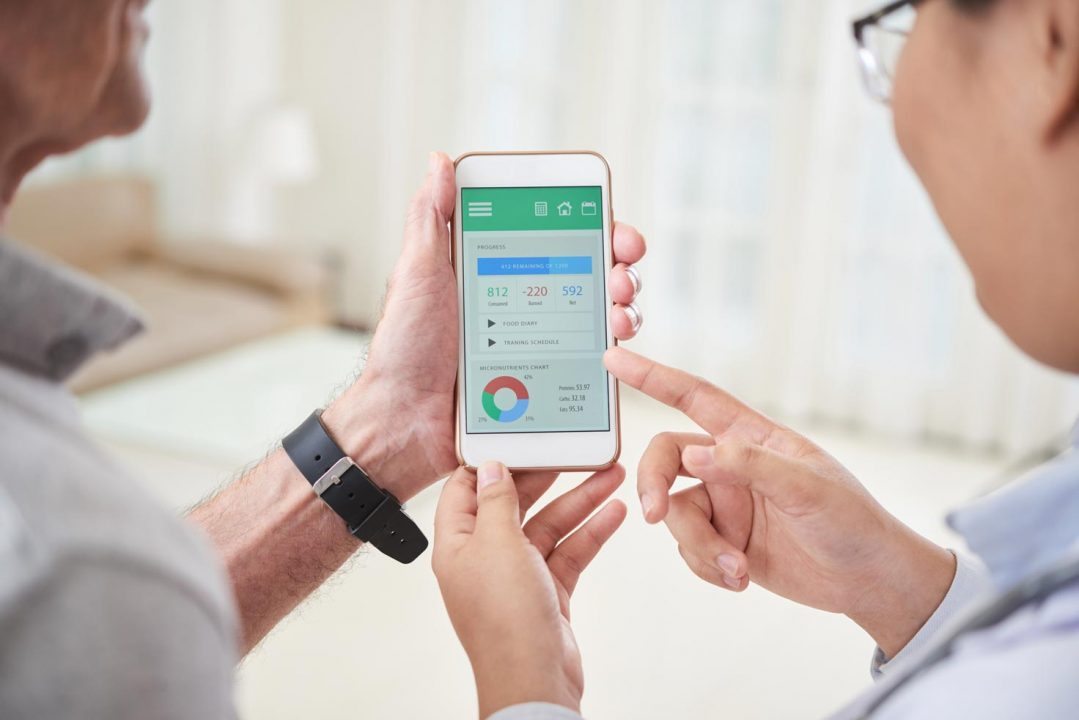Advertisment
Empowering older adults: Wearable tech made easier with personalized support

A new review in the Journal of Medical Internet Research, published by JMIR Publications, found that community-dwelling older adults are more likely to continue using wearable monitoring devices (WMDs), like trackers, pedometers, and smartwatches, if they receive support from health care professionals or peers.
The research team from The Hong Kong Polytechnic University, led by Dr. Arkers Kwan Ching Wong, reviewed data from 3 randomized controlled trials involving over 150 older adults. The evaluation showed that the interventions that focused on increasing awareness of being monitored and used collaborative goal-setting and feedback tools, such as the SystemCHANGE approach, improved adherence to WMDs.
WMDs can offer valuable health insights, but their long-term use can be challenging for older adults who may not be comfortable with technology or not see the value in using it. As this research highlights, providing targeted support to help older adults overcome these barriers and integrate WMDs into their daily routines can help maximize the potential health benefits of these devices.
“Healthcare professionals play a pivotal role in facilitating the adoption of wearable monitoring devices among older adults,” remarked Dr. Wong.
By working with health care professionals to set specific goals related to the use of wearables, older adults are more likely to benefit from these devices in the long term. Future research should focus on developing and testing interventions that prioritize awareness and collaborative goal-setting to further enhance adherence among older adults.
Chan CSW, Kan MMP, Wong AKC
Effects of Peer- or Professional-Led Support in Enhancing Adherence to Wearable Monitoring Devices Among Community-Dwelling Older Adults: Systematic Review of Randomized Controlled Trials
J Med Internet Res 2024;26:e53607
URL: https://www.jmir.org/2024/1/e53607
doi: 10.2196/53607





